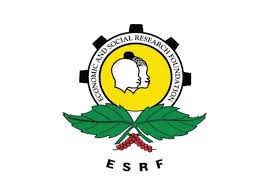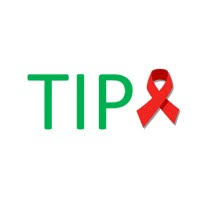Leveraging Local Religious Leaders to Counter Human Trafficking in Rural Tanzania

Abstract: Funded by IPA Human Trafficking Initiative (HTRI) and in collaboration with the Economic and Social Research Council Tanzania (ESRF) and the Tanzania Interfaith Partnership (TIP), researchers are developing a program to train and incentivize local religious leaders to raise community awareness about trafficking of women and children and support reintegration of human trafficking survivors.
In Tanzania, the most prevalent type of human trafficking involves traffickers visiting rural areas and offering low-income families job opportunities for their children.1 Once the children are recruited, they are exploited through domestic servitude, sex trafficking, and forced labor in mines, farming, and various commercial sectors.2 To combat this issue, the Tanzania Interfaith Partnership (TIP) is developing a program to address human trafficking in rural villages of the Tanga region. The population of this region is evenly split between Muslims and Christians, and local religious leaders have a unique position of influence in shaping social attitudes, family relationships, and serving as role models in the community. To that effect, they may be able to effectively shape community attitudes towards human trafficking.
Funded by IPA HTRI and in collaboration with the TIP and ESRF, researchers are developing and piloting protocols to train and incentivize Muslim, Catholic, and Lutheran local religious leaders to prevent human trafficking of women and children in rural areas of the Tanga region in Tanzania. The program aims to raise awareness about this issue among community members and youth at risk and support the reintegration of trafficking survivors in the community by combating social stigma. The results will inform the design of a nationwide randomized evaluation to measure the program’s impact.
Results will be available in 2025.
Sources
1 “Tanzania.” n.d. United States Department of State. https://www.state.gov/reports/2023-trafficking-in-persons-report/tanzania/
2 ibid
Implementing Partners














